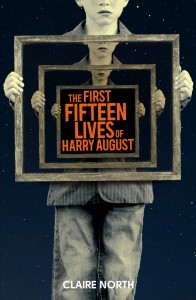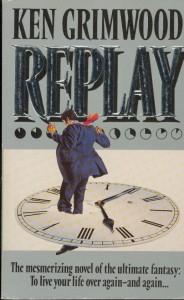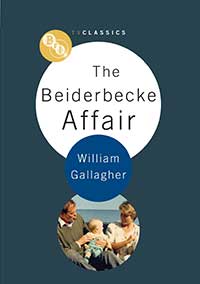I’ve said this before but I happen to work best in hour-long chunks. It took me ages to find that out but it’s true and I try to stick to it now. Except, once you’ve set a timer for sixty minutes and begun working, there comes a time.
It’s usually between thirty and forty minutes into the run when you are spent.
Seriously, you’d give anything to to stop now, that’s enough, I’m out of ideas, it’s all over, surely I’ve been good, I can take the rest of the hour off, please, I’m begging now.
Push on, okay?
I’m saying this to you now because I’ve been reminded of why. I did an hour on a project I’ve been putting off for a while and, yes, just over thirty minutes in, I wanted to stop. I tapped on my iPhone to see how long was left and it was about 26 minutes. Rarely has 26 minutes looked so long.
But I did push on and in those final 26 minutes I pretty much finished the project. Got over the difficult bit, found a clever – I think – solution to an issue, drove on into new territory and found new things. When the timer sounded, I flicked at it to shut the bleedin’ thing up, I’m working.
I do also believe very much in stopping after the hour, in stopping when you are at that full flow. It sounds wrong but if you leave at the top, you come back later ready and rearing to go. If you stop when you fizzle out, you come back pre-fizzled.
But anyway, how great is it that I wanted to continue? This thing I’d been putting off, this thing at with 26 minutes left to go I was thinking kettles and biscuits and breakfast, now I’m on a burn with it and am near-as-dammit finished. That is finished in the writer’s sense of the word where it means finished, yes, but nowhere near done yet. But still, finished.
And because I pushed on to the end of the hour.
I think you can smell the smugness from there and I can only apologise. But it’s worth my looking irritating to you if it makes you try this too – and I think if you try it, it will make you feel this good as well. The only thing I don’t know is whether you need an hour. It’s so right for me, somehow, but plenty of others work best in half-hour sprints or two-hour marathons. Just pick a time, a duration, that’s a bit hard. If it’s easy, you don’t get that half-time slump so you don’t get the chance to rise above it.
I’m all for rising above things, I should do me some more of that, but it’s a combination of the satisfaction of rising above a problem and the resulting liberation that matters. At that 26-minutes-to-go point, I had a problem I couldn’t solve and ended up just trying different approaches until I found one that broke through. After that, I was just slamming down points and ideas and issues and they were coming out of nowhere, or so it seemed. That rush after the dam is fresh and it feels new and good.
‘Course, I’m a writer, I may look at this later and think it’s all nonsense, I can do much better than this tosh. But at least I’ll be thinking I can do much better. And it is always and forever easier to change something on the page than it is to make the first scratches on the paper.
Actually… today was my 245th day of getting up at 5am and it was the hardest in a couple of hundred. I’ve not come so close to turning over and carrying on sleeping since the very earliest of the days. So I pushed on then and I pushed on during the hour. No wonder I reek of smugness.
Sorry about that.


